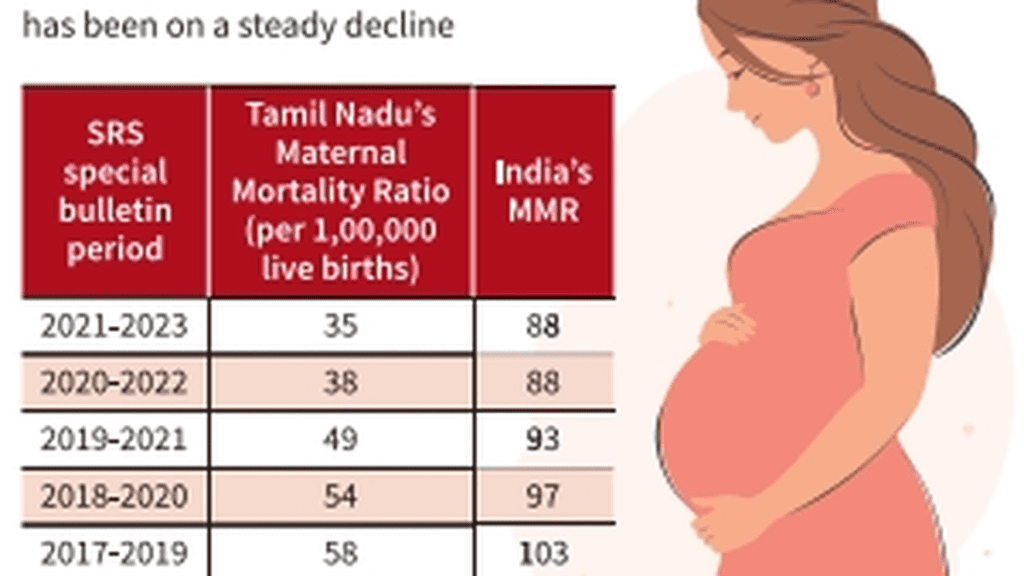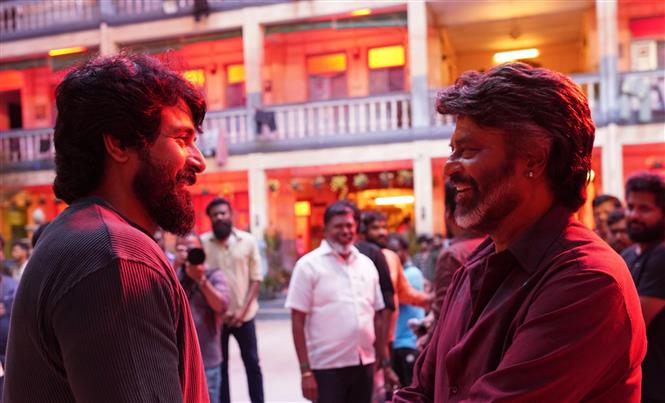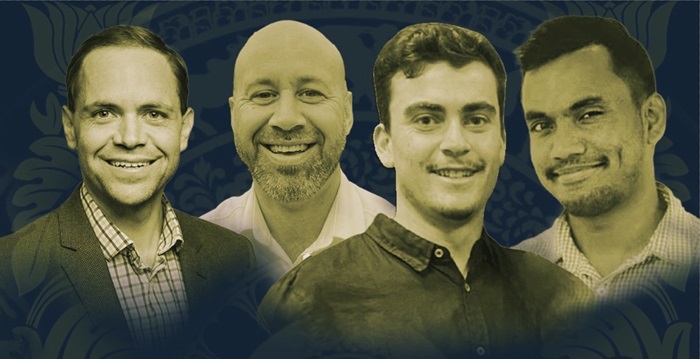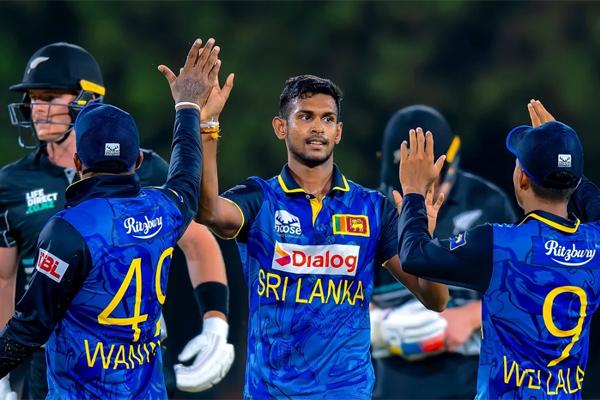National Sports Awards have always had a touch of the absurd

National Sports Awards have always had a touch of the absurd
This is now a tradition, isn’t it? Not the National Sports Awards themselves, but the drama, the inevitable outcry that accompanies them. Continuing with its longstanding commitment to the bizarre, the 12-member Awards Committee, this year, had purportedly left out Manu Bhaker from the Khel Ratna list. The only Indian with twin medals from an Olympics was not in reckoning for the country’s highest sporting honour for failing to file a nomination.
The Ministry of Sports hasn’t formally announced anything yet, but the leaked “preliminary” list has only Indian hockey captain Harmanpreet Singh and Praveen Kumar, para high jump gold medallist at the Paris Paralympics, as the two nominees. Faced with the collective disbelief at Manu’s absence, the Ministry had to jump in, pleading that, of course, this was not the final list.
The norms allow athletes to self-nominate for these awards, so they’re not entirely at the mercy of their federations. But the selection committee also has the freedom to add names that didn’t come through the application process.
“It’s really appalling. Why should a top sportsperson apply for or request an award? Awards should come naturally and automatically. How can it be ignored? There has to be some system in place,” Manu’s personal coach and former Commonwealth and Asian Games medallist Jaspal Rana rightly questions.
Manu’s exclusion is especially strange since she won bronze medals in the 10m air pistol individual and 10m air pistol mixed team (with Sarabjot Singh) events in an otherwise lacklustre Paris Olympics for India.
But the National Sports Awards have always had a touch of the absurd. The committees and officials have often prioritised personal recommendations and good old-fashioned lobbying over actual sporting excellence. Milkha Singh, back in 2001, turned down his “lifetime contribution” Arjuna Award after he was grouped in an inglorious club with a sacked hockey coach, a gymnast who had never competed internationally, and an official who’d only ever won a half-marathon. Hardly flattering company for a national legend.
The Kapil Dev-led committee in 2014 had recommended capping the Arjuna Awards at 15 per year. But the Ministry, year after year, has succumbed to pressure and has been handing them out with increasing generosity. In the last Olympic year, in 2021, the Government gave 35 Arjuna Awards and 12 Khel Ratna, previously an honour reserved for one, maybe two athletes. In 2022, it presented one Khel Ratna and 25 Arjuna Awards, while it was two and 26 in 2023.
So, when you consider the sheer open-handedness with which these awards are doled out, it’s genuinely baffling that this year’s committee — composed of five sportspersons, two sports journalists, two Government officers, SAI DG and Joint Secretary, Sports, and a retired judge as the chair — somehow overlooked Manu’s name entirely. And now, predictably, the Sports Minister is left scrambling for a last-minute fix to a problem that shouldn’t have cropped up in the first place.










